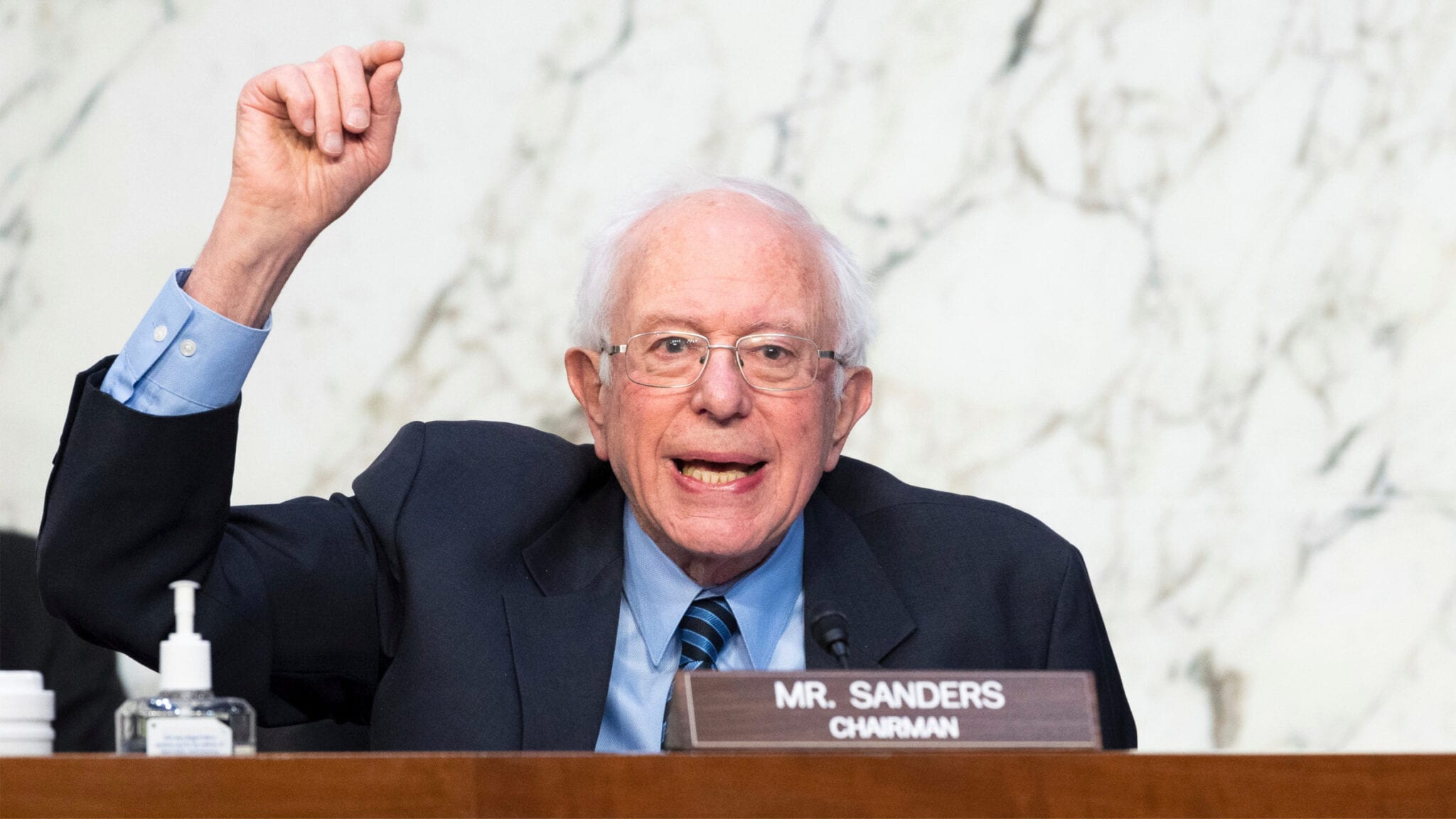
Sen. Bernie Sanders (Michael Brochstein/Sipa via AP Images)
‘A mess across the board’: Senate committee kicks off talks on drug pricing reforms
The US is still the only country in the world that doesn’t negotiate pharmaceutical prices across the board, experts told a Senate committee on Tuesday …
Sign up to read this article for free.
Get free access to a limited number of articles, plus choose newsletters to get straight to your inbox.